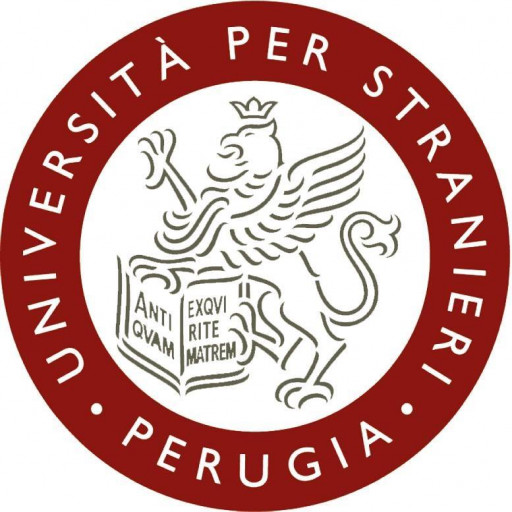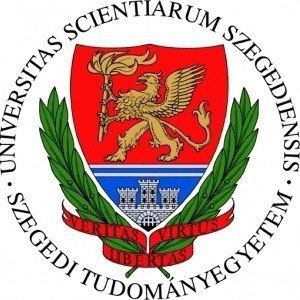Photos of university / #uni_hamburg
The Bachelor's degree program in Social and Cultural Anthropology at the University of Hamburg offers students a comprehensive understanding of human societies, cultures, and social behaviors across the globe. This program explores the diversity of human life through ethnographic research, theoretical frameworks, and critical analysis of societal structures, traditions, and cultural practices. Students will examine topics such as kinship, religion, language, politics, economic systems, and identity formation, gaining insights into how different communities organize their social worlds. The curriculum emphasizes a combination of theoretical knowledge and practical research skills, preparing graduates for careers in academia, cultural consultancy, NGO work, or international organizations. Throughout the program, students participate in fieldwork, ethnographic studies, and interdisciplinary projects that foster analytical thinking and cultural sensitivity. The program also encourages critical reflection on contemporary issues such as globalization, migration, and social justice, enabling students to develop a nuanced perspective on global interconnectedness. Faculty members are active researchers with expertise in various regions and thematic areas, providing students with mentorship and opportunities for original research. The university's resources, including libraries, research centers, and international partnerships, support a vibrant academic environment. Graduates of this program will obtain a solid foundation in anthropological theory, ethnographic methods, and cross-cultural understanding, equipping them to address complex social challenges in a diverse and rapidly changing world. The program is designed to promote intercultural competence, research skills, and critical thinking, making it an ideal choice for students aspiring to foster understanding and cooperation across cultural boundaries.
Educational organisation
The programme consists of lectures, small-group discussions, tutorials and practice elements.First semester: course in current theories in anthropology; courses on research topics and research design
Second semester: preparation of MA research projects; courses on advanced research methods; writing of ethnographic texts; participation in academic colloquia
Third semester: option (I) guided and independent research in Germany or abroad; option (II) theoretic and comparative work; data analysis; (optional) term abroad
Fourth semester: workshop in ethnographic writing; completion of the Master's thesis; participation in academic colloquia
A detailed course programme will be provided on request.
Study abroad unit(s)
Students have the opportunity to do about three months' field work for their Master's theses.Forms of assessment
Written and oral exams in accordance with the guidelines, Master's thesisCourse objectives
Students will be well prepared for a career in social sciences, research and academia, journalism and the media, public services, international organisations, development aid, migration and integration, tourism, museums and culture, health, and education.Language requirements
Applicants must provide proof of their German and English skills.German: TestDaF with at least three parts TDN 4, max. one part TDN 3; or DSH 2, or equivalent
English: TOEFL 70 (Internet-based), B2 (GER)
Required DSH / TestDaF
YesAcademic requirements
BA in social/cultural anthropology or equivalent (a BA degree that covers 45 ECTS in courses dealing with concepts, theories, and/or methods in anthropology)Enrolment fees
There is a semester fee of 310 EUR per semester. This fee includes a semester ticket covering public transport in the Hamburg metropolitan area.Costs of living
We recommend that single students budget at least 800 EUR per month to meet personal expenses (accommodation, living, health insurance, books).Job opportunities
Generally, students who enrol in a full-time programme will only have limited time for part-time jobs.As a rule, students who hold an international student visa may work for up to 120 full days or 240 half days per year. Further information on work regulations for international students at Universität Hamburg can be found here: http://www.uni-hamburg.de/piasta/beratung_e.html.
Funding opportunities within the university
International full-time students may apply for merit scholarships or exam grants of Universität Hamburg. For more information, please use the provided link. We also recommend contacting our colleagues in the Department of International Affairs for further guidance.http://www.uni-hamburg.de/internationales/studieren-an-der-uhh/finanzierung-des-studiums_e.html
Arrival support
Students and researchers can find information on how to get started in Hamburg on the website of the PIASTA programme at the Universität Hamburg Department of International Affairs (http://www.uni-hamburg.de/piasta_e.html) and on the website of the Hamburg Welcome Center (http://english.welcome.hamburg.de).During the International Welcome Week organised by PIASTA, you will be able to get in touch with all the important institutions and contacts that are particularly useful for international students. See: http://www.uni-hamburg.de/piasta/veranstaltungen/international-welcome-week_e.html.
Services and support for international students
The Universität Hamburg CampusCenter is the first port of call for all current and prospective students and offers information, services, and counselling. The PIASTA programme at the Universität Hamburg Department of International Affairs offers support and advice for German and international students, as well as cultural events and workshops.For more information, refer to: http://www.uni-hamburg.de/piasta and https://www.uni-hamburg.de/en/campuscenter.html.
The welcome service of the Universität Hamburg Department of International Affairs is the first contact address for international visiting researchers and others. See: http://www.uni-hamburg.de/internationales/wissenschaft/service-international_e.html.
Accommodation
Accommodation is available through the "Studierendenwerk" (students' services) or on the private market. The "Studierendenwerk" provides rooms in halls of residence, most of which are single rooms with shared kitchens and showers/WCs. We strongly advise students and researchers to arrange accommodation prior to arriving in Hamburg, as demand for affordable accommodation is sometimes larger than supply.For more information on how to find accommodation and how to plan your first steps in Hamburg, please refer to: https://www.uni-hamburg.de/piasta/beratung/doc/willkommen.pdf.









